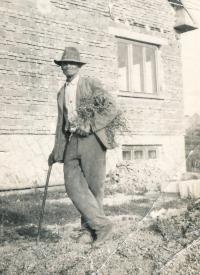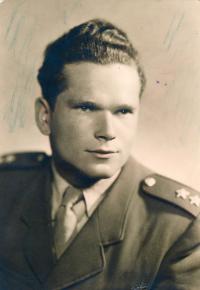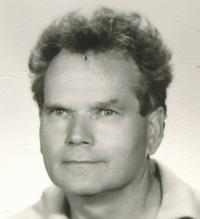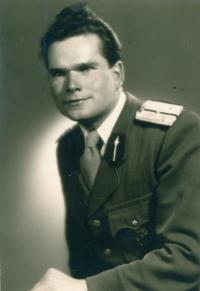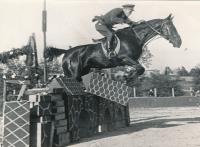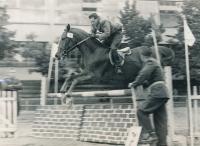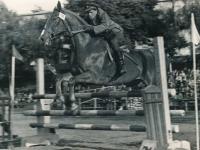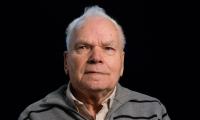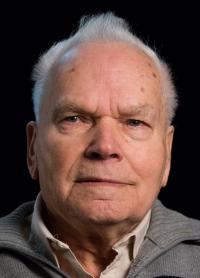Mum really wanted me to study

Download image
Josef Stanko was born on 7 August 1926 in Prešov, Slovakia. He grew up in poverty as the fifth child of a servant and a coach driver and had to work hard ever since childhood. When his father fell ill with bone tuberculosis, he had to cover for his tasks: ploughing and taking care of the horses. For a short time, he trained to become a locksmith and a car mechanic. Then, he went on to study a teaching institute. Following graduation in 1946, he decided for a military career instead and got further training in the military school in Hranice na Moravě. He went through a number of units, worked as a military instructor and in 1951-1954 studied at Military Academy. He joined the Communist Party of Czechoslovakia, worked at the army general staff in Prague and attained the ranking of colonel. Due to his disagreement with the 1968 Warsaw Pact armies invasion, he was expelled from both the army and the party. Up until retirement, he worked as a security technician in a construction company. He got married in 1951 and had three children.
